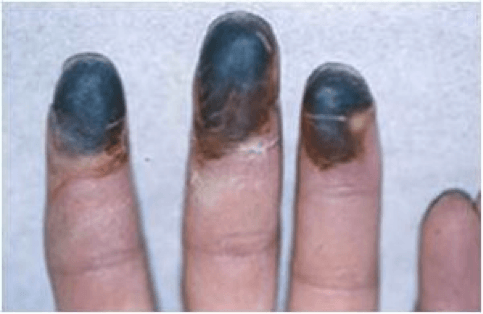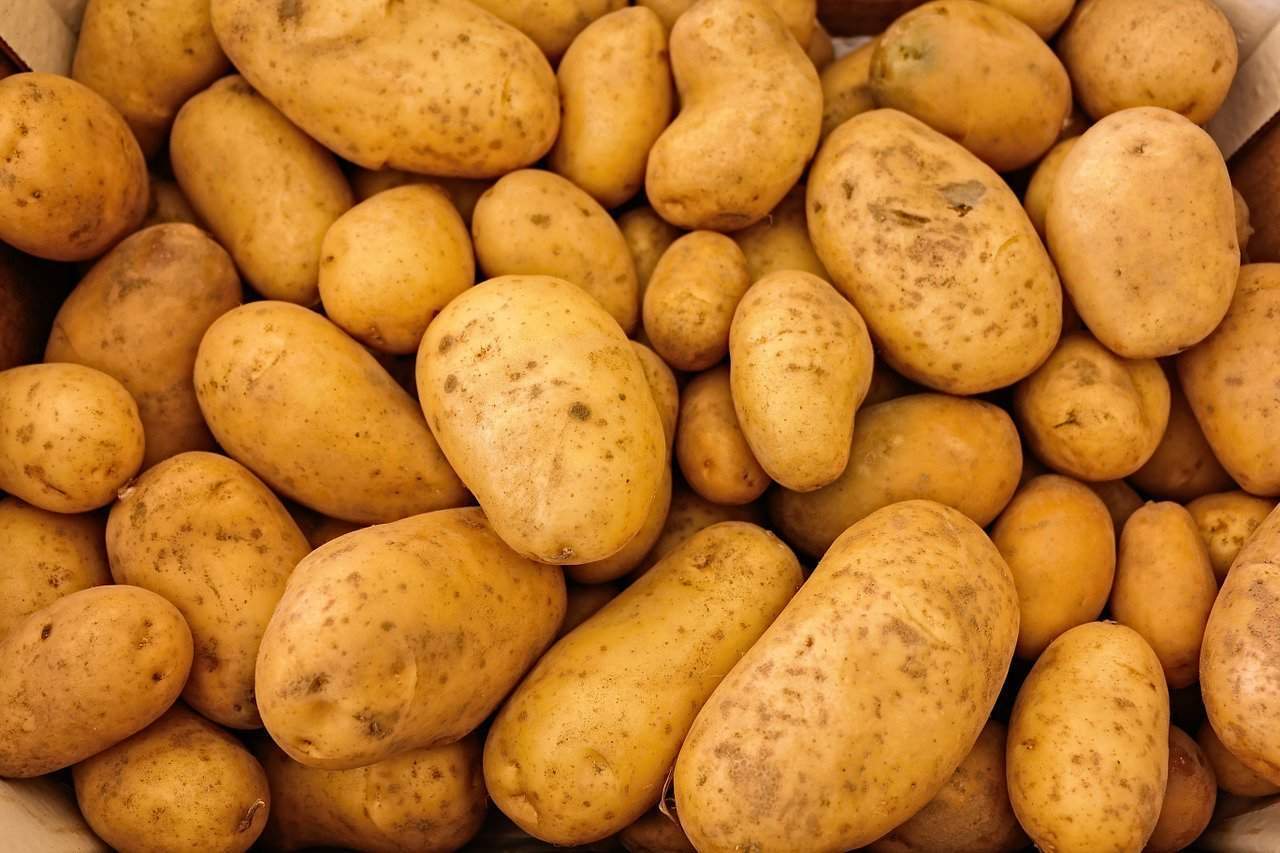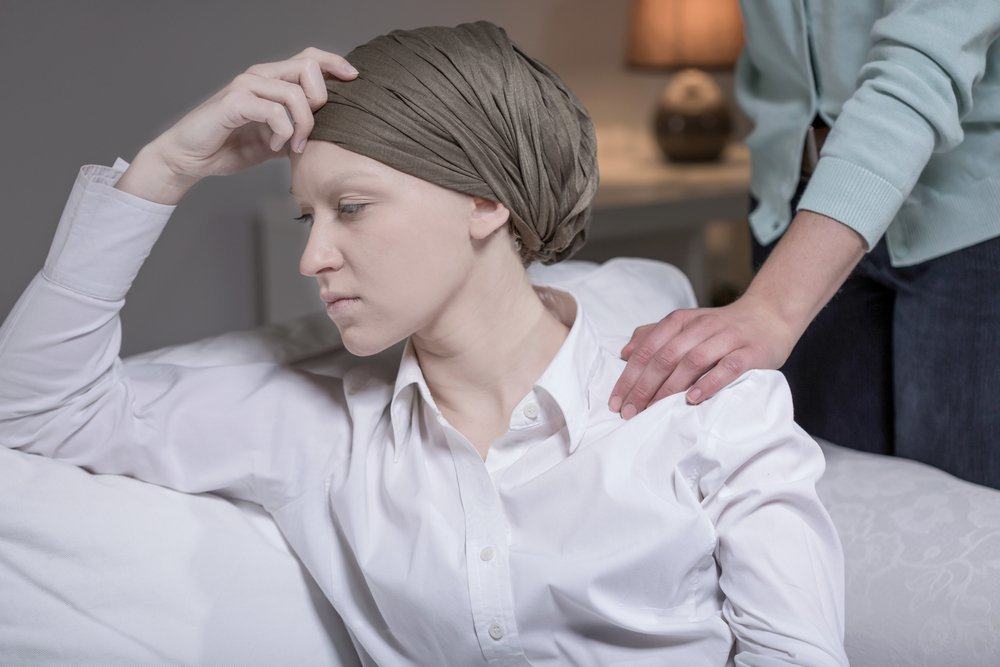Contents:
- Medical Video: Gastric Cancer | Stephanie’s Story
- How can gastric cancer occur?
- Causes and risk factors for gastric cancer
- Symptoms of gastric cancer
- How can gastric cancer be recognized
- What can be done?
Medical Video: Gastric Cancer | Stephanie’s Story
Gastric cancer is a disease characterized by malignant tumors or cancer cells that grow on the stomach wall. Cell development is not normal to become a tumor and cancer tends to run slowly and takes years. Even so, this cancer is quite dangerous and is the third largest cancer causing death in the world.
The stomach is an important organ of the upper digestive tract system. Stomach plays a role in absorbing nutrients from food and moving food scraps into the intestinal tract. The main symptoms of gastric cancer are problems with the digestive tract, especially in the process of absorption of food nutrients.
Early treatment is very necessary to cure gastric cancer patients. Unfortunately, the development of this cancer tends to be difficult to detect so it is often diagnosed at an advanced stage and has spread to other body parts. This causes stomach cancer difficult to overcome.
How can gastric cancer occur?
The stomach wall consists of three layers, namely mucosal (the inside part), muscularis (middle part) and serosal (the outside part). Gastric cancer results from abnormal cell growth in the gastric wall part mucosal. As time goes by, cancer can spread to the outside of the stomach wall and also other organs around the stomach.
Causes and risk factors for gastric cancer
It is not yet known exactly what is the main cause of the appearance of abnormal cells which then develop into cancer in the stomach wall.
However, bacterial infections that cause gastric wall injuries areH. pylori known to trigger cancer through various inflammatory processes such as gastritis. Health conditions such as experiencing pernicious anemia and having polyps on the stomach wall also increase the risk of cancer in the stomach.
Other things that also increase the risk of cancer in the stomach such as:
- Smoke.
- Obesity.
- Often eat processed and salted foods.
- Lack of physical activity.
- Too often eat meat.
- History of alcoholism.
- Experiencing abdominal surgery due to ulceration.
In addition to the above risk factors, cancers that grow in the stomach tend to be more common in older men.
In addition, infections caused by eating contaminated food due to improper storage and processing can also make you more vulnerable. There is also the risk of cancer being passed down in the family.
Symptoms of gastric cancer
Gastric cancer is often undetectable because it does not have obvious initial symptoms. Someone might feel symptoms when the cancer has entered an advanced stage.
Some common symptoms of cancer in the stomach include the following.
- Nausea and vomiting
- Having symptoms of gastric acid reflux such as chest and upper stomach feels sore (heartburn)
- Loss of appetite and can be accompanied by drastic weight loss
- Feeling you want to vomit continuously
- Difficulty swallowing
- It's easier to feel full even though you eat a small portion
- Bloody bowel movements
- Having symptoms of jaundice
- Swollen lymph nodes
- Experiencing excessive fatigue
- The stomach often hurts and gets worse after eating
How can gastric cancer be recognized
Gastric cancer can be identified by several examinations. This is needed for someone who has symptoms and risk factors for cancer. The development of cancer in a patient's body can be diagnosed by:
- Blood test to see signs of cancer developing in the body.
- Upper endoscopy use a flexible hose with a camera inserted from the mouth and throat to examine the upper gastrointestinal tract.
- X-ray examination which requires patients to swallow barium fluid to see more clearly.
- CT scan, namely medical scanning with strong X-rays to see the inner body.
- Biopsy or examination of cancer cells by taking and examining gastric tissue.
What can be done?
There are several treatment options to treat cancer in the stomach. The choice of method and intensity of treatment is determined by the patient's health condition and also the development of gastric cancer. Here are some treatment methods that your doctor may recommend.
- Surgery performed by removing cancer and several other tissues around the cancer cells that have been affected. Surgery and removal are also performed on other organs when the cancer cell has spread. This method must also be done when cancer blocks food in the digestive tract.
- Chemotherapy works by preventing growth and / or killing cancer cells.
- Radiation used to kill and reduce the size of cancer cells. This method can be combined with chemotherapy to reduce the size of the cancer before surgery.
- Targeted drugs is a certain treatment method that only kills cancer cells. So, this type of treatment has fewer side effects.
This type of cancer prevention can be done by applying a healthy lifestyle as a whole and not smoking. In addition, regulating diet is important in preventing gastric cancer. This can be done by consuming fruit regularly and reducing foods high in salt and those that have been preserved.












